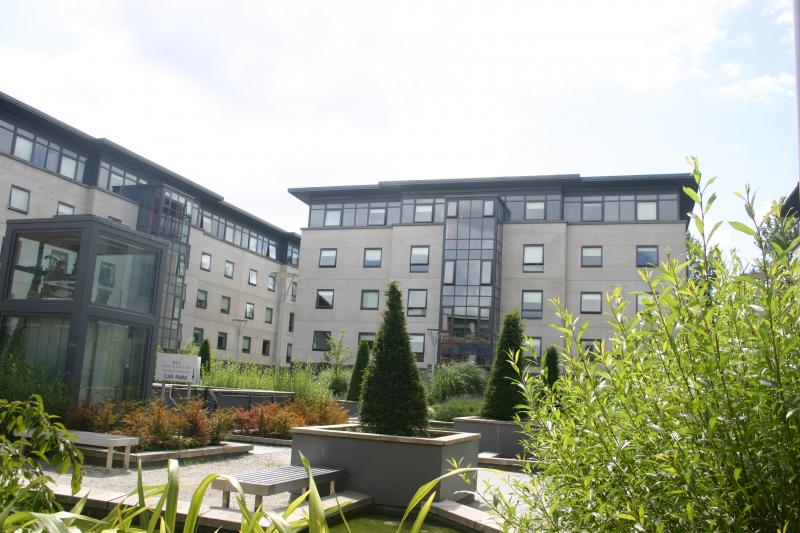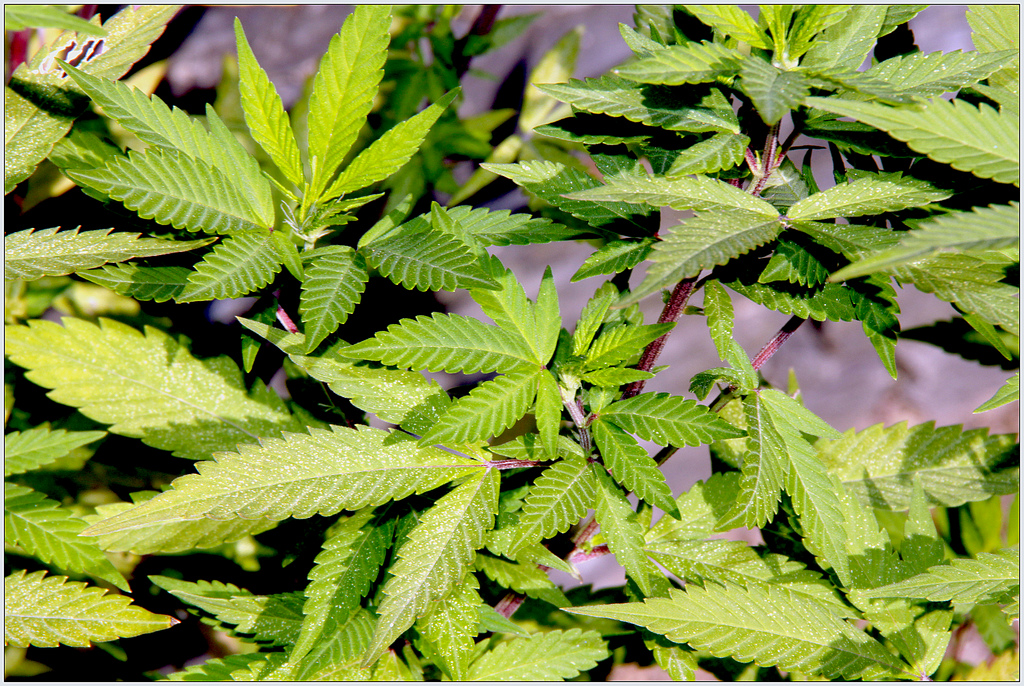
“[dropcap]T[/dropcap]he Principles and purpose of journalism are defined by something more basic: The functions news plays in the lives of people”, written by American journalists Bill Kovach and Tom Rosenstiel in The Elements of journalism.
If the past year has taught us anything as a society; It is the value of an informed public.
Democracy is at its strongest with an informed public, educated citizens are a central pillar to an effectively functioning democratic society.
The independent media publications, free from government control, have proven their worth as one of the most valuable tools for informing citizens. It ensures the public has the basic knowledge and information regarding current events and political news. But it is the way these news reports are written that define their worth.
In a democratic society is it the journalist’s obligation to ensure the public is consuming unbiased, objective, and informative reports.
In order to do this, journalists need to ask hard questions to get the answers.
It’s the questions asked by these journalists that gather the necessary information and context surrounding a story, it builds up a valuable understanding of the situation and what may curtail in the future.
Without the hard questions, people won’t get legitimate answers.
‘Democracy dies in darkness’; The mission statement of one of the most famous news publications in the world: The Washington Post. The slogan lies in its masthead right underneath the title of the publication. The phrase first appeared in 2017 and references the legendary coverage of The Washington Post.
According to its website, the mission of The Washington Post is defined in a set of principles written in 1933 by the paper’s buyer, Eugene Meyer.
A significant principle outlined by The Washington Post, but one that should be followed by every independent media publication: ‘The newspaper shall not be an ally of any special interest but shall be fair and free ad wholesome in its outlook on public affairs and public men’.
The mission of the free press is simple and legitimises the need for serious questions to public officials in order to get straight answers. This way the journalist can avoid the halfhearted and carefully structured answers they receive from press offices.
The protocol for obtaining a time-sensitive quote from a press office of a public official is simple: One must email the press office, then wait hours, if not days for a response. The response is often unsatisfactory and may not address all of the journalist’s questions. In order to receive the appropriate response to every question, one must email again with the unanswered questions, and the cycle repeats.
The reality is, when a journalist proposes the appropriate hard-hitting question directly to a public official, it ensures a relevant response in real-time.
During the trump era, the free press was treated like an enemy of the state, his explosive episodes at reporters and claims of fake news broke down the public’s trust in the media, and now journalists have to repair the damage.
Distaste towards the media is not reserved for American politics.
Most journalists will spend the rest of the journalistic career asking questions, some of these questions may lead to an unexpected news story, but most will not.
In a Covid-19 press conference, Dr Tony Holohan the Chief Medical Officer was questioned by an Independent.ie reporter if he would like to apologies to the women affected by the Cervical Check scandal, subsequently he offered his sympathies but not an apology.
The question was posed to the Chief Medical Officer on the same day as the mother of two Lynsey Bennett (32), who is seriously ill with cervical cancer, settled her High Court action over the alleged misinterpretation of her cervical smear test.
The relationship between journalists and public figures is a tumultuous one.
Back in 2018, then Taoiseach Leo Varadkar made a comment at a function in New York, reportedly saying Donald Trump’s criticism of the media was one of the few things which he could sympathies with the US president.
A bold statement that he later had to repair with damage control by insisting he supports a free press.
Although the relationship with the press and government figures appears contentious. Ultimately the government makes decisions that affect an entire country and its population. Journalists are they to ask them why they make these decisions and what is the benefit for the people. The press needs to pose the hard questions to get the real answers.
Shauna Burdis
Image credit: LIU.edu
Note: This article was reuploaded on 26/03/2021 due to a fault with The College View website.



